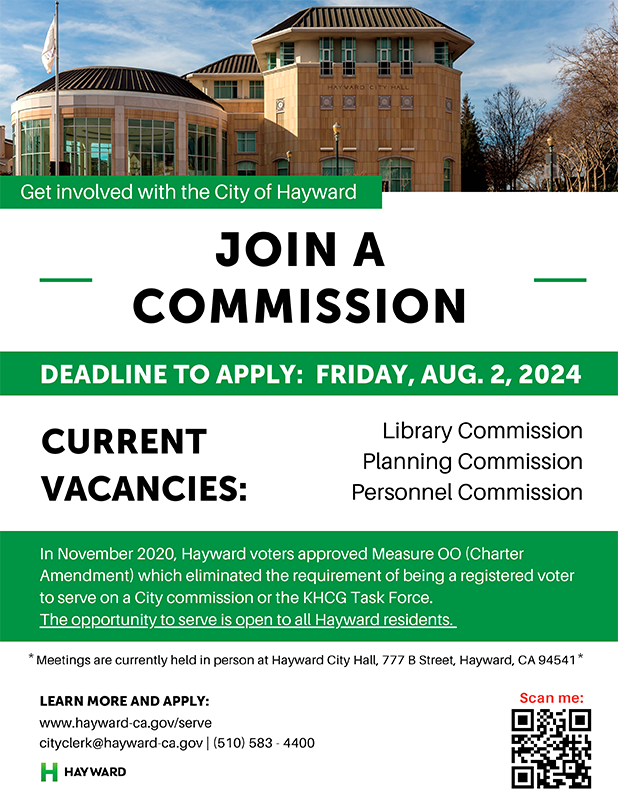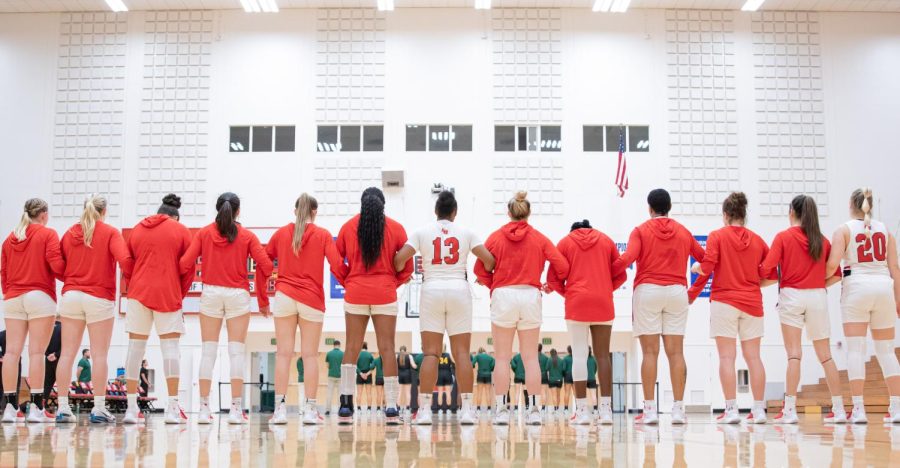
As an increasing number of youth become dependents of the juvenile court system for no fault of their own, Court Appointed Social Advocates (CASA) of Alameda County seeks to combat their misfortunes by advocating for youth who have been victim to abuse, neglect or abandonment.
In hopes to establish future success for foster youth in Alameda County, CASA provides one-on-one guidance to over 160 of the county’s 1,600 juvenile court dependents.
As the odds for a better future are often times against foster care youth in the system, John Anyosa, CASA of Alameda County volunteer recruiter and marketer, said the program serves many purposes but primarily focuses on investing in the Bay Area’s future community.
“Many youth in the system, after they emancipate, end up homeless, jobless, in the delinquency system or a combination of all three. We feel like our program — while it’s not serving anywhere near 1,600 youth — is making an impact in the system and may be preventing [the abuse cycle] from continuing,” explained Anyosa.
With few resources, little support and a lack of permanent connections to caring adults, a high number of foster youth transition from foster care to homelessness with at least 60 percent of youth emancipating from court dependency in Alameda County, becoming homeless within one year, according to Alameda County Ombudsman’s Office.
While homelessness is a grave misfortune that foster youth face far too often, a lack of education also presents itself as a problem in their future.
Nearly 50 percent of foster youth fail to complete high school, according to Children’s Law Center of Los Angeles, while 70 percent of children dream of attending post-secondary institutions, but only three percent actually make it.
CASA’s mission of overcoming child abuse is present in nearly 1,000 programs nationwide.
Although the program operates primarily as a network—each program working independently—the goal to adequately represent neglected youth is universal.
One out of every five children in the nation’s foster care system resides in California, where over 87,000 youth depended on the court system to adhere to their best interests.
Founded in the late 1970s, CASA volunteers are primarily appointed by the court and social service to act as a voice for neglected children to ensure they do not get overlooked in the overburdened legal and social service system.
Second to Santa Clara County, Alameda County houses the next largest amount of foster youth in the Bay Area and currently has a waiting list of over 140 youth. Anoysa said there is an ongoing need for volunteers and they are currently reaching out to the Alameda County community for assistance.
Although CASA is ultimately in search of well-rounded volunteers, Anoysa said there is currently a lack of male, African-American volunteers, who are needed to fit the majority demographic of court dependent youth.
“The child will benefit from getting more support from someone they can relate to ethnically and even at a gender level,” said Anyosa. “Even though it’s not a requirement […] we can see the potential benefit of a youth who can identify with someone from their own background who is willing to provide and be their support [mechanism].”
After what may have been a lifetime of neglect and abuse, Anoysa said often times children lose faith in adults.
“What happens is the person that you trust and love the most has sort of let you down, whether it was mom or dad, said Anoysa. “Having that quality relationship with an advocate can build back some trust […] and gives them faith in a better future.”
For Jaime Dadej, case supervisor and advocate, the bond she has formed with her 18-year-old youth is eternal.
Instrumental in assisting her youth in finding adequate placement, Dadej also helped with rebuilding family ties that were once broken, aiding in the search for her CASA youth’s biological paternal grandparents.
Although the system backs away from youth between the ages of 19 and 21, Dedaj said, “she can count on me forever. I’m not going anywhere.”
Aside from advocating for the best interest of youth, CASA also empowers families, as many of the youth are able to return to their families with a recommendation from an advocate.
CASA is currently in the process of engaging the community in the program’s efforts to make a difference in the lives of Alameda County foster youth.
In hopes to heighten awareness and transition the program into a collaborative effort, Anyosa has plans to reach out to the business, faith and student communities to assist in the process of volunteering and expanding the program further.












